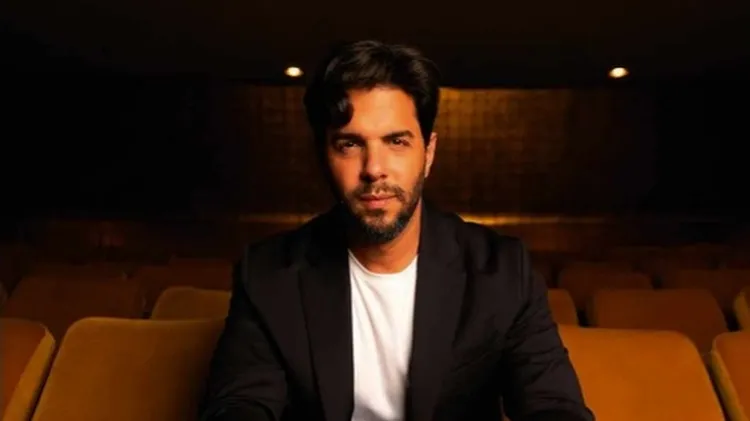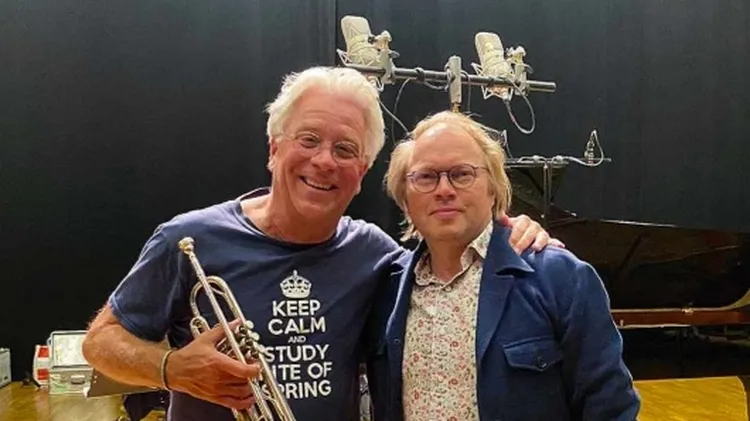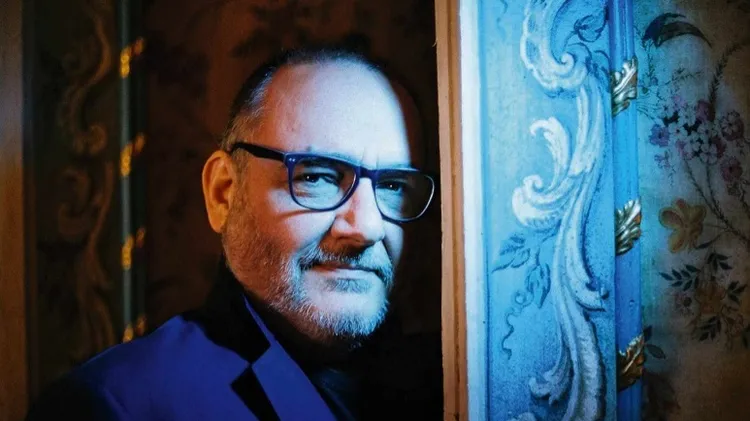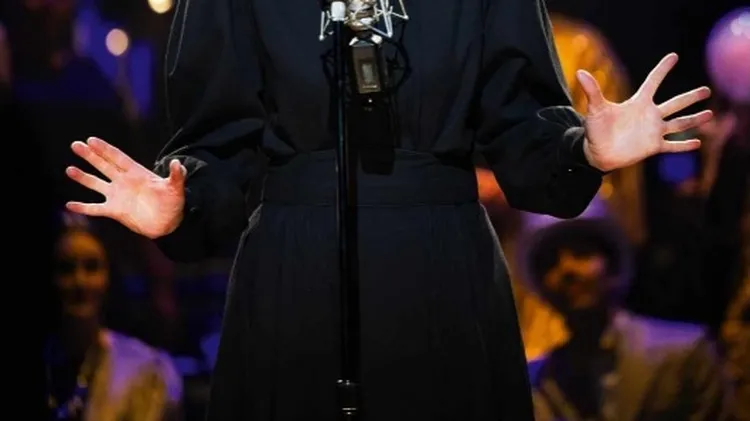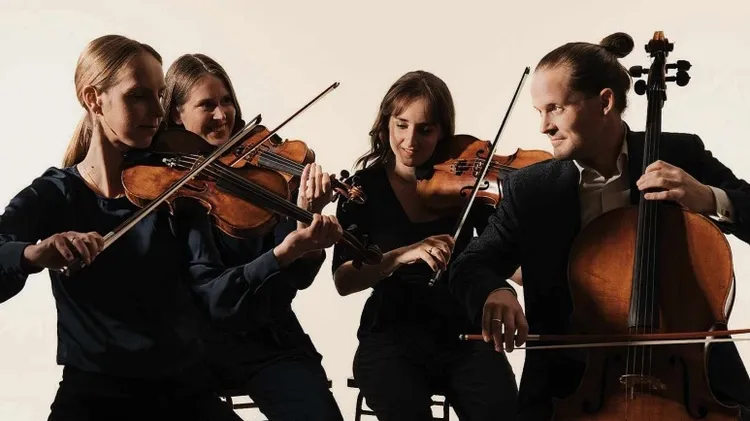Star countertenor, breakdancer and model Jakub Józef Orliński enjoys
Dancing with the devil
10 min read
This article is from...
Read this article and 8000+ more magazines and newspapers on Readly

